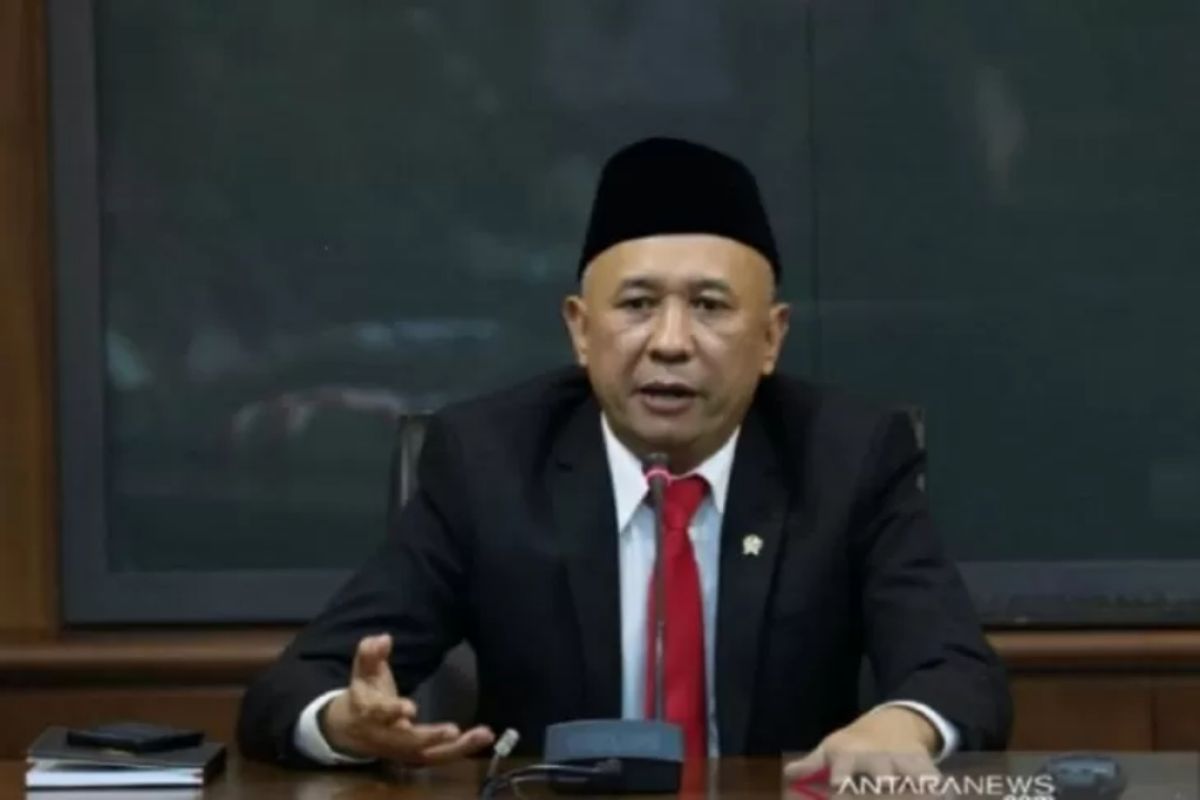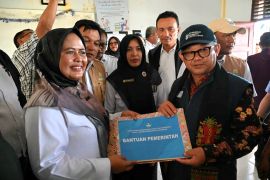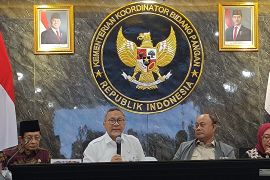"Yesterday, Mr. President conducted a limited meeting and asked if it was possible to cut it (the certification process), from 21 days to three days. This is good news regarding how (the implementation is), and we are currently thinking about it," the minister noted at the 2nd Jogja Halal Festival (JHF) held at the Jogja Expo Center here on Thursday.
Masduki remarked that a breakthrough to accelerate the process is deemed necessary on account of the fact that the number of halal-certified MSME products in Indonesia was still low.
According to data, currently, there are only some 725 thousand halal-certified products from 405 thousand MSMEs, when in fact, the number of MSMEs in the country totals 64.2 million.
The Halal Product Assurance Agency (BPJPH) of the Religious Affairs Ministry recorded that some 30 million products need halal certification.
However, if duration of the certification process is still around 21 to 25 days, then it will take at least 600 years to make all the products certified.
He further noted that the BPJPH in 2022 is pushing facilitation for the issuance of 358,834 halal certificates for micro and small enterprises through the Sehati Program.
The minister stated that an increase in halal-certified MSME products would support them to compete in the global market, especially since Indonesian people are dominating the number of Muslims in the world.
Based on data from the State of the Global Islamic Economy Report 2022, he highlighted that the world's Muslims would spend up to US$2 trillion by 2021 in the halal industry sector, ranging from food, pharmaceuticals, and tourism.
"Meanwhile, in terms of expenditure, Indonesia is the largest consumer for the halal product market, where Muslims constitute 87 percent of Indonesia's population," he remarked.
Related news: Govt must prioritize assistance for MSMEs in four sectors: Indef
Related news: President lauds stakeholders assisting in MSME development
Translator: Luqman Hakim, Raka Adji
Editor: Rahmad Nasution
Copyright © ANTARA 2022












